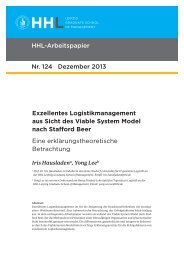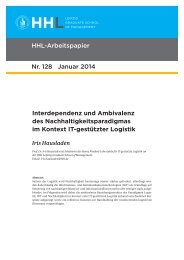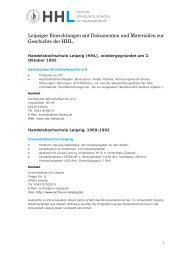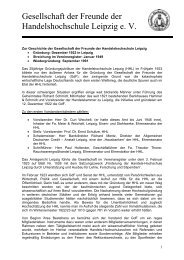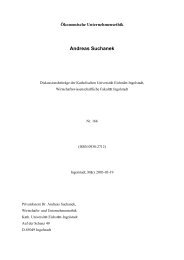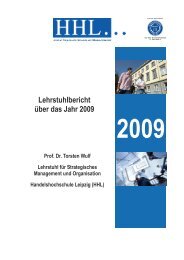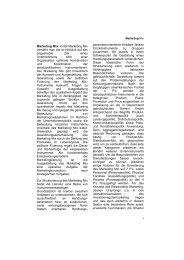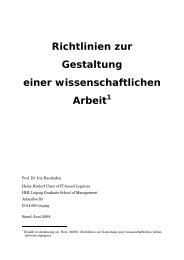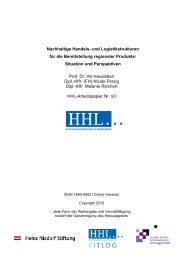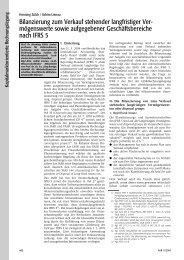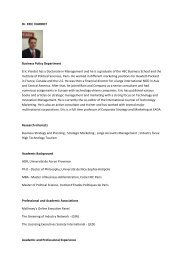Enforcing Financial Reporting Standards: The Case of White ...
Enforcing Financial Reporting Standards: The Case of White ...
Enforcing Financial Reporting Standards: The Case of White ...
You also want an ePaper? Increase the reach of your titles
YUMPU automatically turns print PDFs into web optimized ePapers that Google loves.
also think critically about uniform accounting standards and to assess the consequences <strong>of</strong><br />
converging financial reporting rules.<br />
Solutions:<br />
(1) Students will most likely not come up with a lengthy set <strong>of</strong> advantages and disadvantages<br />
as set out in Table 2. However, we believe that it is helpful for students to critically reflect on<br />
what they have learned during the semester. Thus, we suggest discussing Ball (2006)’s<br />
reasoning in detail with the students.<br />
For the solutions, we refer to Ball (2006) who presents pros and cons <strong>of</strong> IFRS to<br />
investors. In addition, Hail, Leuz and Wysocki (2010) review conceptual underpinnings and<br />
conduct an economic analysis <strong>of</strong> the potential adoption <strong>of</strong> IFRS in the U.S.<br />
Advantages Disadvantages<br />
(1) IFRS as “high quality“ standards (1) Fair value accounting (if volatility in<br />
earnings is due to “model noise” or<br />
manipulation)<br />
(2) More accurate valuation in equity<br />
markets<br />
(2) Implementation issues (applying<br />
standards correctly vs. incentives to<br />
manipulate)<br />
(3) Reduced costs <strong>of</strong> being informed (3) “Global Brand Name” (quality<br />
differences between countries)<br />
(4) Reduced costs <strong>of</strong> processing financial<br />
information<br />
(5) Increased comparability and reduced<br />
information costs and information risks<br />
(6) More efficient contracting in debt<br />
markets<br />
(7) Better corporate governance (due to<br />
greater transparency)<br />
(4) “Free Rider” problem (no costs for lowquality<br />
countries to use global “brand”<br />
IFRS)<br />
(5) Competition among accounting systems<br />
is healthy (e.g. for innovation)<br />
(6) Risks for IASB to become a politicized<br />
and bureaucratic body<br />
Table 2: Ball (2006)’s advantages and disadvantages <strong>of</strong> IFRS to investors. He refers to advantages (2) through<br />
(5) as direct benefits, while (6) and (7) are indirect ones. Concerning disadvantages, he names (1) and<br />
(2) as immediately relevant, whereas (3) through (6) are longer term concerns.<br />
29




